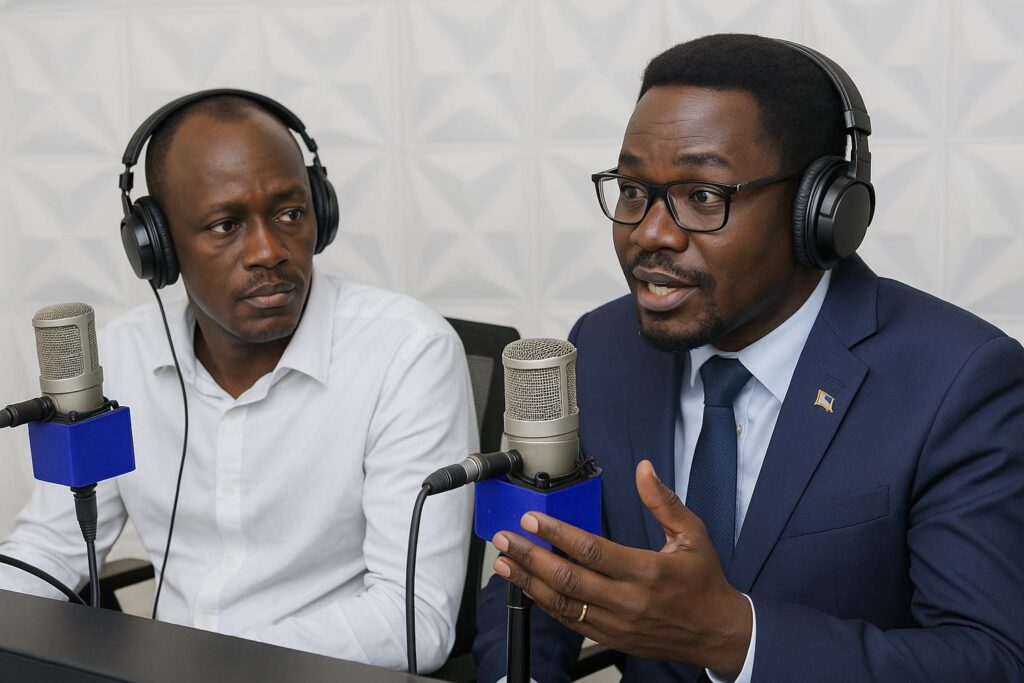Election countdown heightens spotlight on media rights
With South Sudan’s first nationwide ballot since independence slated for December 2026, newsrooms say the contest cannot be credible without unfettered reporting.
Journalists argue that voters deserve detailed policy scrutiny rather than rumor, yet they still navigate official gatekeepers and economic headwinds.
Editors urge cooperation with Media Authority
Catholic Radio Network chief editor Chuol Jany told Eye Radio that regulators should become ‘an institution helping media houses to prosper’ instead of bottlenecks.
He believes constructive dialogue with the Media Authority can widen civic space without eroding state stability, an approach echoed by several newsroom managers.
The data gap: chasing budget transparency
Almugief Arabic Newspaper editor Mathiang Cirilo laments that reporters rarely access expenditure files after parliament passes the national budget.
Without figures on roads, health or salaries, investigative pieces stall, weakening public oversight, Cirilo notes, while some officials fear job loss if they disclose.
Social media’s double-edged influence
Editors encourage young citizens to harness Facebook, X and TikTok for civic education, not personal attacks, ahead of tense campaigns.
Digital platforms have amplified marginal voices but also fuel misinformation that can quickly flare into violence in a country still healing from conflict.
Press freedom index shows cautious progress
Reporters Without Borders raised South Sudan to 109th of 180 states in its 2025 World Press Freedom Index, citing fewer attacks on journalists.
Media unions call the gain encouraging but warn that rising costs, limited printing paper and patchy internet threaten newsgathering more than bullets today.
Stakeholders hope forthcoming media reforms will lock in these advances, ensuring the 2026 polls showcase an informed electorate and a resilient fourth estate.


